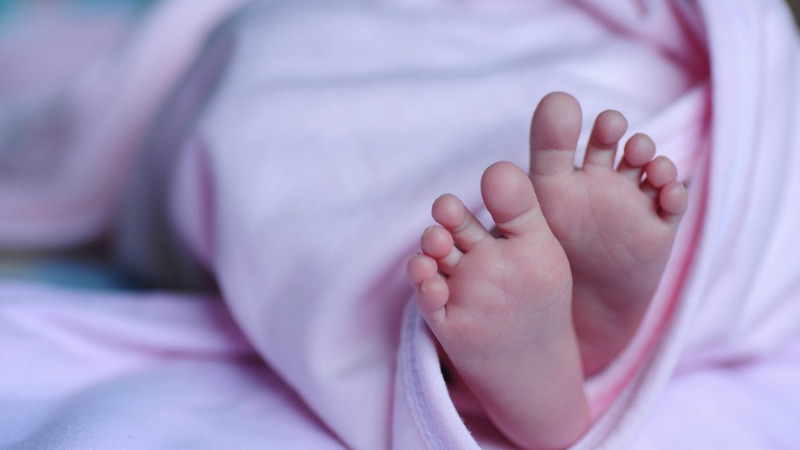We are accustomed to seeing evangelicals and Roman Catholics praying outside abortion clinics, and working together for pro-life legistlation. But often we don’t think about a less pleasant reality: Catholics and Baptists waiting together in the lobby of an abortion clinic.
The front page of the September 18 New York Times features an inside look at the daily workings of an abortion clinic in Little Rock. The piece communicates the calloused yet tortured consciences of the women involved. The women don’t wish to be seen, or to make contact with others in the waiting room. Even more striking though is the religious commitments of the women involved: including Roman Catholics and Southern Baptists.
One Baptist college student, having her third abortion, is quoted in the article saying: “My religion is against it. In a way I feel I’m doing wrong, but you can be forgiven. I blame myself. I feel I shouldn’t have sex at all.”
“I’ve done this once and swore I wouldn’t do it again,” said a woman named Regina. “Every woman has second thoughts, especially because I’m Catholic.” Regina noted that she went to confession. “The priest didn’t hound me,” she reported. “He said, ‘People make mistakes.'”
Regina’s story could be understood by the clinic operating room supervisor Ebony, whom the article chillingly describes as rinsing “the blood off aborted tissues.” Ebony too has had an abortion. “As a Baptist, she still considered abortion a sin, but so are a lot of things we all do, she said.” The article closes with the Baptist’s words to the Catholic undergoing the abortion: “No problem sweetie. We’ve all been there.”
As we talk through the “ecumenism of the trenches” between Catholics and evangelicals, perhaps we should remember the sad truth that there is also an “ecumenism of the waiting room.” The women ushered into the death clinics are not usually secularist feminists, proudly wearing their NOW T-shirts. More often, they are girls from St. Joseph’s parish or First Baptist’s youth group. They would be counted as “pro-life” on the telephone survey. They know all the right answers to the sanctity of life questions, and they can be counted on, when they reach voting age, to cast ballots for pro-life candidates. But, even with all of this the case, they wait together for the abortionist’s “solution.”
And, whatever the very real soteriological debates exist between Catholics and evangelicals, they share, at least in the waiting room, the same doctrine of grace: “Let us sin that grace may abound” (Rom 6:1).
The challenge for our churches is not to be more condemnatory. The message of God’s grace is the heart, after all, of the gospel. The atonement of Jesus forgives every sin, including that of the shedding of innocent blood. But, like the apostle Paul, we must remember that grace that is license to sin is no grace at all. We must comfort repentant post-abortion women with the truth that “there is no condemnation for those who are in Christ” (Rom 8:1).
At the same time, we must focus this grace in a biblical direction. It is not “we all make mistakes.” It is instead that judgment has fallen, in all of its fury, on a crucified Messiah who became sin that we might become the righteousness of God in him (2 Cor 5:21). As we proclaim God the justifier, we must not forget that this means the proclamation of God the just (Rom 3:26).
And if we don’t preach a biblical understanding of sin and grace, don’t be deceived: the local abortion clinic operator is ready to take our place in the pulpit.






